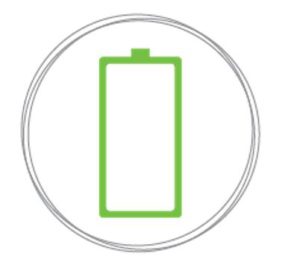YOUR PHYSICAL ENERGY
DEFINITION
This battery drives and sustains the QUANTITY of your energy: how healthy and vibrant and you feel. It’s the easiest and the most noticeable dimension to be aware of.
When this battery is charged, you are fully alert. When it runs low – often due to hunger, lack of sleep or movement- your other three batteries (mental, emotional and spiritual) are quickly affected.
INDICATORS: what happens when you thrive
When this battery is optimally charged, you:
- Sleep soundly and wake up refreshed
- Digest well and have no chronic ailments
- Move easily, are flexible and strong
Indicators vary from person to person, both in their expression and their importance. What are your personal indicators? Take the Energy Check to find out more.
TRIGGERS: what recharges and drains your Physical Battery
Triggers are activities, habits, situations, relationships, and thoughts that change – increase or decrease – your energy. This battery has 4 main triggers:
- Sleep Regularity, quantity and quality of your sleep…
- Nutrition Eating choices, water intake, caffeine and alcohol habits…
- Movement
Body posture, sitting patterns, physical activity… Exercise is only a small part of ‘Movement’! - Health Blood pressure, digestion, immune system…
Triggers are both universal – like your health or sleep – and unique to each person. For example, we all need to eat – yet for some people, milk is an excellent option, while others are allergic to it. Please contact me for more details about my approach.
What’s the key to a thriving Physical Energy? First, identify how you currently take care of it; list your indicators and triggers, and then set up the corresponding habits. Personal Energy Management can help you with all these steps.
ENERGY ∼ MOVEMENT
Standing up during the day is one simple and effective way to activate your cardiovascular system. Find out why in this short video as former NASA Director Dr. J. Verniko explains what they observed with astronauts and how this research can benefit you.
ENERGY ∼ SITTING ∼ CONCENTRATION
What can you do if you need to sit and work at your computer for long hours? How can you keep the quality of your concentration for longer and avoid the common tensions in the neck, shoulders and back? Find here five 1-minute videos specifically created to address these issues.
